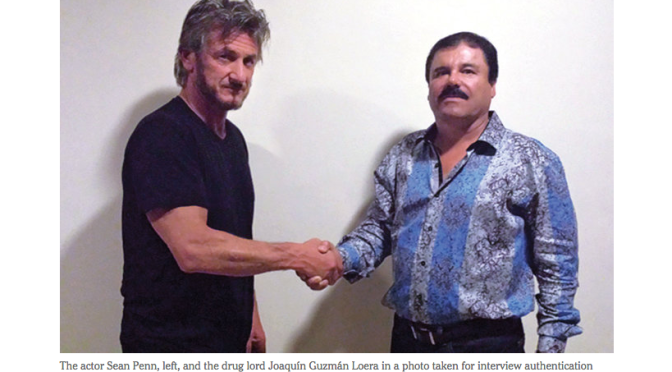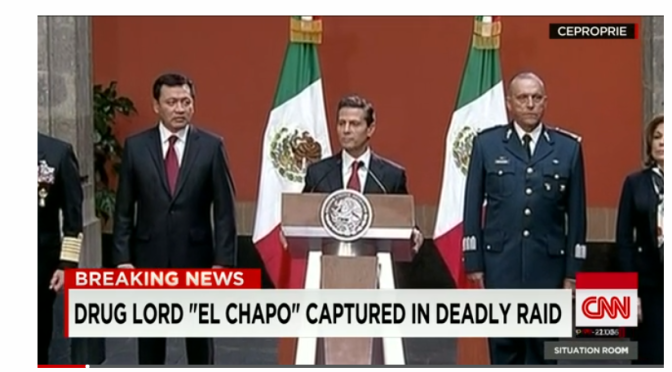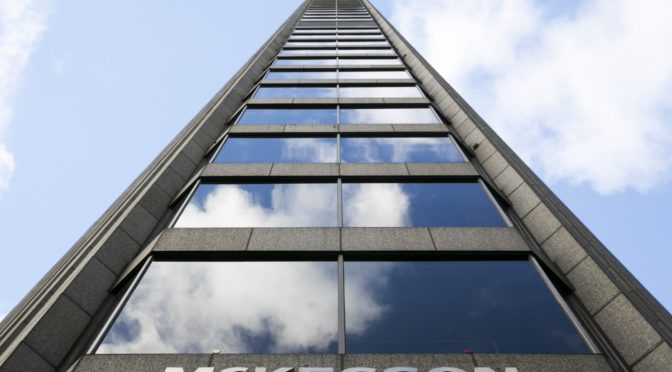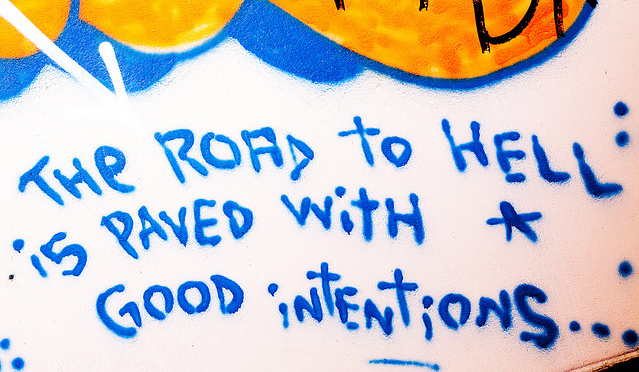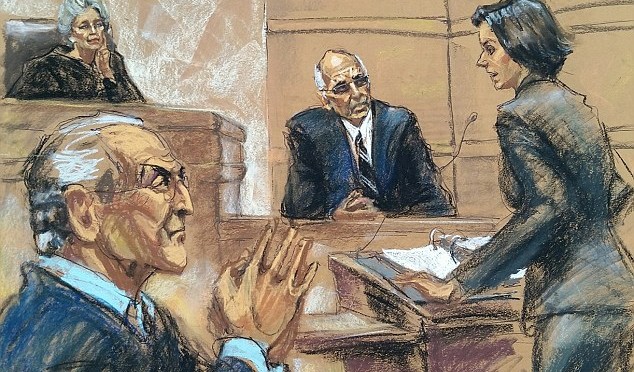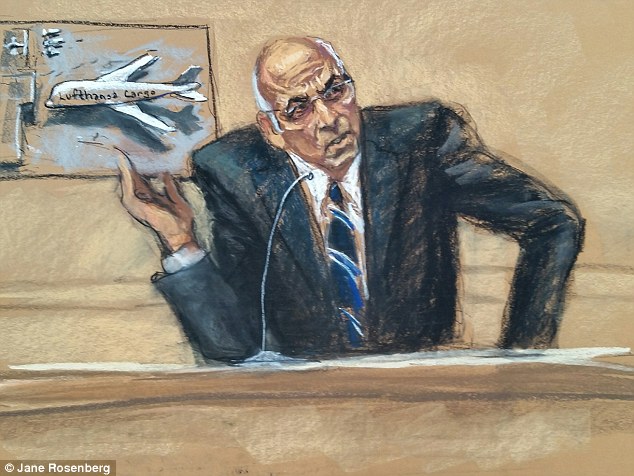Joaquín Guzmán Loera, the Mexican drug lord known as El Chapo, started out in business not long after turning 6, selling oranges and soft drinks. By 15, he said in an interview conducted in a jungle clearing by the actor and director Sean Penn for Rolling Stone magazine, he had begun to grow marijuana and poppies because there was no other way for his impoverished family to survive.
Now, unapologetically, he said: “I supply more heroin, methamphetamine, cocaine and marijuana than anybody else in the world. I have a fleet of submarines, airplanes, trucks and boats.”
Though his fortune, estimated at $1 billion, has come with a trail of blood, he does not consider himself a violent man. “Look, all I do is defend myself, nothing more,” he told Mr. Penn. “But do I start trouble? Never.”
The seven hours Mr. Guzmán spent with Mr. Penn, and the follow-up interviews by phone and video — which began in October while he was on the run — marked another surreal turn in his long-running effort to evade the Mexican and American authorities. Mr. Guzmán, one of the world’s most wanted fugitives, who had twice escaped jail, was captured in his home state of Sinaloa in northwest Mexico on Friday after a gun battle with the authorities.
Mr. Guzmán’s comments also mark a stark admission that he has operated a drug empire. Interviewed by a group of reportersin 1993 after a previous arrest, he denied that he engaged in drug dealing. “I’m a farmer,” he said, listing his produce as corn and beans. He denied that he used weapons or had significant funds.
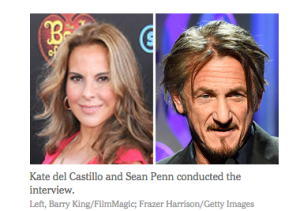
The interview with Mr. Penn, believed to be the first Mr. Guzmán has given in decades, was published online Saturday night, along with a video portion of the interview.
The interviews were held in a jungle clearing atop a mountain at an undisclosed location in Mexico. Surrounded by more than 100 cartel troops, and wearing a silk shirt and pressed black jeans, Mr. Guzmán sat down to dinner with Mr. Penn and Kate del Castillo, a Mexican actress who once played a drug kingpin in the soap opera “La Reina del Sur,” according to Rolling Stone.
Even though Mexican troops attacked his hide-out in the days after the meeting, necessitating a narrow escape, Mr. Guzmán continued the interview by BlackBerry Messenger and in a video delivered by courier to the pair later.
The story provides new details on his dramatic escape from prison last summer, when he disappeared through a hole in his shower into a mile-long tunnel that some engineers estimated took more than a year and at least $1 million to build. The engineers, Mr. Penn wrote, had been flown to Germany for specialized training. A motorcycle on rails inside the tunnel had been modified to run in the low-oxygen environment, deep underground.
Mr. Penn’s account is likely to deepen the concern among the Mexican authorities already embarrassed by Mr. Guzmán’s multiple escapes, the months required to find him again and his status for some as something of a folk hero. Mr. Penn describes being waved through a military road checkpoint on his way to meet Mr. Guzmán, which Mr. Penn suggested was because the soldiers recognized Mr. Guzmán’s son. Mr. Penn said he was also told, during a leg of the journey taken in a small plane equipped with a scrambling device for ground radar only, that the cartel was informed by an insider when the military deployed a high-altitude surveillance plane that might have spotted their movements.
In the end, the Mexican authorities said Friday night that Mr. Guzmán had been caught partly because he had been planning a movie about his life, and had contacted actors and producers, which had helped the authorities to track him down. Mr. Penn’s story says Mr. Guzmán, inundated with Hollywood offers while in prison, had indeed elected to make his own movie. Ms. del Castillo, whom he contacted through his lawyer after she posted supportive messages on Twitter, was the only person he trusted to shepherd the project, the story says. Mr. Penn heard about the connection with Ms. del Castillo through a mutual acquaintance, and asked if he might do an interview.
It is not clear whether the contacts described in the story are the ones that led to Mr. Guzmán’s arrest. Mr. Penn wrote that he had gone to great lengths to maintain security while arranging to meet Mr. Guzmán. He described labeling cheap “burner” phones, “one per contact, one per day, destroy, burn, buy, balancing levels of encryption, mirroring through Blackphones, anonymous email addresses, unsent messages accessed in draft form.” Nevertheless, he wrote, “There is no question in my mind but that DEA and the Mexican government are tracking our movements,” referring to the United States Drug Enforcement Administration. A Mexican government official, speaking on the condition of anonymity to describe confidential matters, said the authorities were aware of the meeting with Mr. Penn.
Mr. Penn and Mr. Guzmán spoke for seven hours, the story reports, at a compound amid dense jungle. Mr. Guzmán does not speak English, and the interview was conducted in Spanish through translators.
It was not immediately clear what the ethical and legal considerations of the article might be. In a disclosure that ran with the story, Rolling Stone said it had changed some names and withheld some locations. An understanding was reached with Mr. Guzmán, it said, that the story would be submitted for his approval, but he did not request any changes. The magazine declined to comment further Saturday.
A Mexican official said late Saturday that all actors and producers who met with Mr. Guzman, which includes Mr. Penn, were under investigation. But it remained unclear whether the circumstances of the meeting were the subject of inquiry or the individuals themselves would face scrutiny from the Mexican government.
The topics of conversation turned in unexpected directions. At one stage, Mr. Penn brought up Donald J. Trump, the Republican presidential candidate; there were some reports that Mr. Guzmán had put a $100 million bounty on Mr. Trump after he made comments offensive to Mexicans. “Ah! Mi amigo!” Mr. Guzmán responded.
He asked Mr. Penn whether people in the United States were interested in him and laughed when Mr. Penn told him that the Fusion channel was repeating a documentary on him, “Chasing El Chapo.”
In a wider-ranging interview, for which Mr. Penn submitted questions that were put to Mr. Guzmán on video by one of his associates, he detailed his childhood and said he had tried drugs during his life but had never been an addict and had not touched them for 20 years. He said that he was happy to be free, and that the pressure of evading the authorities was normal for him.
Pushed on the morality of his business, he said it was a reality “that drugs destroy. Unfortunately, as I said, where I grew up there was no other way and there still isn’t a way to survive, no way to work in our economy to be able to make a living.” If he disappeared, he said, it would make no difference to the drug business.
Asked about the violence attached to his work, he said in part it happened “because already some people already grow up with problems, and there is some envy and they have information against someone else. That is what creates violence.”
Mr. Guzmán, Mr. Penn said, was familiar with the final days of Pablo Escobar, the Colombian drug boss who had previously been the world’s most notorious and who died in a shootout with the authorities. How, he asked, did Mr. Guzmán see his last days? “I know one day I will die,” he said. “I hope it’s of natural causes.”
Read Full Article – http://www.nytimes.com/2016/01/10/world/americas/el-chapo-mexican-drug-lord-interview-with-sean-penn.html

